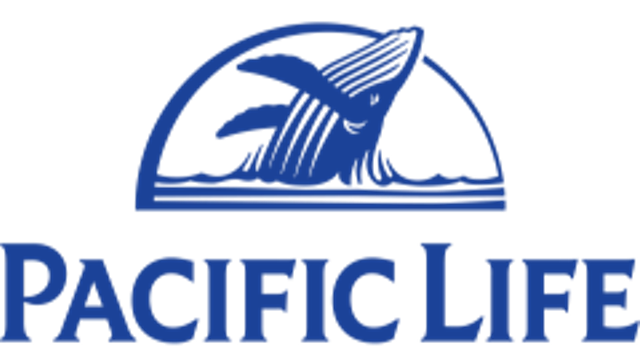
Empower clients to allocate funds towards essential business priorities, optimize gifting opportunities and maximize death benefit returns.
Our Premium-Financed Life Insurance (PFLI) Rescue service offers a strategic solution for high net-worth individuals facing underperforming policies. By leveraging a combination of permanent life insurance and loan facilities, we optimize policy performance, ensuring maximum returns and asset protection.

Achieve higher internal rates of return through strategic structuring, optimizing your clients’ insurance portfolio for growth and stability

Get expert management of loan facilities to mitigate risks associated with rising interest rates and insufficient debt service.

Proactive monitoring ensures the intended results are achieved, providing peace of mind and confidence in your insurance strategy.

Lean on our seasoned insurance professionals, who are experts in PFLI structures and ready to consult with you every step of the way.
Navigating the complexities of PFLI structures demands a keen understanding of the common pitfalls that can undermine their effectiveness.
Indexed Universal Life (IUL) policies often have crediting rates based on annual or monthly changes in equity market indices such as the S&P 500, the Russell 2000, Global Index Strategies, and other published indexes that an insured or trustee can choose from.
While these Cash Value growth index selections come with minimum rates of 0% or 1%, should an index’s return be negative, they also come with a cap that will, over time, usually return an overall average of approximately 6%. Too often, planning illustrations are constructed with overly optimistic projections well above the 6% range.
Assuming high unrealistic and constant rates of return over periods of 20 years or more can lead to substantial underperformance in levels of cash values and death benefits when real returns are lower.
Whole Life (WL) policies provide dividend credits annually. As such, WL is typically viewed as a more stable product where the dividends are not equity market-linked either directly or via any index tracking. That said, the generational decline of long-term (10-year) interest rates over the last 30 years has had a negative impact on insurance company dividends. Ten-year bonds that insurance companies bought in 2008 and earlier have been maturing with proceeds reinvested in lower yielding bonds.
As a result, gradual declines in WL dividends have led to underperformance in levels of cash values and death benefits for a high percentage of WL policies. While it appears interest rates have potentially bottomed out and are moving up, there will be a lag between rising rates and the impact of higher yielding long-term bonds on the dividend.
Loan Facility / Borrowing Issues are caused by insufficient debt service of the loan facility and rising short-term interest rates. PFLI, in many cases, is structured with partial annual payments of loan interest and accrued loan interest. If these payments are too low or not increased with rising short-term rates, the loan facility balance grows faster, and the growth of net cash value in excess of the loan facility balance can slow dramatically.
Higher loan balances lead to lower net death benefits and the potential for margin calls by lenders to increase the collateral backing of the loan facility. Some less aggressive PFLI designs were structured with full loan interest payments to be made and are a more conservative approach to PFLI. However, what those projections were based on, in many cases, did not predict interest rates going to 6% or 7% in many situations.
In short, rising interest rates require increased debt service levels for the loan facility. Proper debt servicing mitigates the growth of debt balances and reduces future levels of accrued interest. The compounding effect of interest owed, and larger debt balances may lead to an overwhelming loan balance in later years, with substantially lower net cash values and net death benefits. Further deterioration can lead to outcomes with collateral calls, policy downsizing, or structured unwinds.

Access to Over 75 insurance carriers













































CPS Private Client Solutions (CPS | PCS) is a pioneer in the realm of insurance planning. With a seasoned team of industry veterans, we've honed our craft to provide comprehensive risk management strategies supported by insurance.